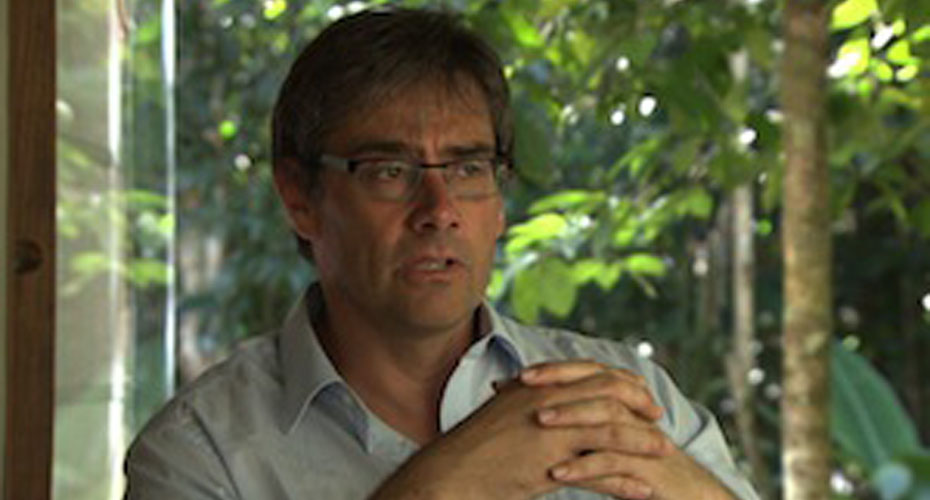There are six potential Challenges for this year, and we want to hear from you about which Challenges you would be most interested in taking part in. Student voting is now open to determine which Challenges will run, and the top four winning Challenges from the vote will take place in June 2023.
2023 Climate and Environment Emergency
Climate and Environment Emergency
Climate and Environment Emergency
Challenge Overview
The Climate and Environment Emergency is one of the gravest existential threats facing the planet. This challenge has run very successfully for a number of years. This year will include external speakers from world-renowned climate communication experts and a ding-dong Punch and Judy style debate by three senior University of Exeter academics on the relative merits of mitigation, adaptation, or something more radical. The finale will be a Dragon’s Den/the Apprentice-style mash-up where students will present their findings to an esteemed panel of climate experts.
This exciting and thought-provoking challenge will explore technological, ecological, political and societal challenges associated with the global Climate and Environment Emergency. Students will consider a range of urgent topics.
This challenge would run on Streatham Campus and Penryn Campus.
Enquiry Groups
Enquiry groups are the subtopic of the challenge that students will focus on for Grand Challenges Week. These are the enquiry groups that would run on the Climate and Environment Emeregency Challenge in June 2023:
This enquiry group area will investigate ‘solutions’ to the climate emergency. These solutions are frequently categorised into mitigation, adaptation, and geoengineering. Should we ameliorate the impacts of climate change by aggressive mitigation strategies that rapidly decarbonize the global economy? What sort of policies, regulations and technologies should be prioritised? On the other hand, given the expected levels of climate change, what should our adaptation strategies be? Where should our efforts be focussed and what about compensation for the worst effected regions? Given the difficulties in obtaining agreements on mitigation evidenced in the COP26, should we look at alternate strategies such as brightening the planet? If so, which technologies could be used? These are the sort of questions that the ‘Climate Solutions’ enquiry area of the Climate and Environment Emergency Grand Challenge will seek to answer.
The University of Exeter has published a detailed proposal and plan to get to carbon neutrality in response to the environment and climate emergency. This includes targets to reduce our direct emissions from electricity and gas usage to zero by 2030. This is an incredibly challenging target. How could we achieve that? What should be our response to enforcing this pledge? And how should the University be responding to the environmental crisis that is resulting in polluted and biologically impoverished land and seascapes?
Anthropogenic climate change is the storyline of our time and yet there are many myths around climate change that remain unchallenged. Where did these myths originate and where might they be going? Can you identify the truth and communicate it clearly and engagingly? The idea of climate change relies on the power of stories. When we are afraid for the future it is because of plots with apocalyptic climaxes. When we imagine, and tell, hopeful stories we remake the future. The aim of this challenge is to share the real science facts with the world and get them to as many people as possible: What is happening and what can we really do about it? You will get a chance to chat to scientists who work on climate modelling and climate change solutions and come up with ideas to get the messages out to the widest audience possible and put your idea into action! This enquiry group will explore the storying of anthropogenic climate change, including the historical, scientific, journalistic, and fictional stories we tell about it, and it will offer a chance to explore how storytelling – in any form - can offer a powerful way for us to take back control of our future.
The computer scientist Ben Shneiderman once said, “A picture is worth a thousand words. An interface is worth a thousand pictures.” If we are to avert a climate and environment emergency through leveraging the power of financial markets then we should take heed of these words in thinking how to empower investors to make real-world change. However, environmental and social data is vast, complex and varied making it difficult to understand. For any interface to be truly impactful, it needs to be based on accurate factual data to avoid greenwashing and would need to appeal not just to a professional investor but to the average person on the street.
With this in mind, this enquiry group will explore and design interactive visual elements that should form the basis of an engaging user interface to appeal across different aspects of society in communicating environmental and social concerns. This would include identifying the most powerful imagery, infographics and metrics for potential users of this interface.
The work of this group will be supported by J.O. Hambro Capital Management Group and the University of Exeter's Sustainable Finance Centre


.jpg)




_resized.jpg)
